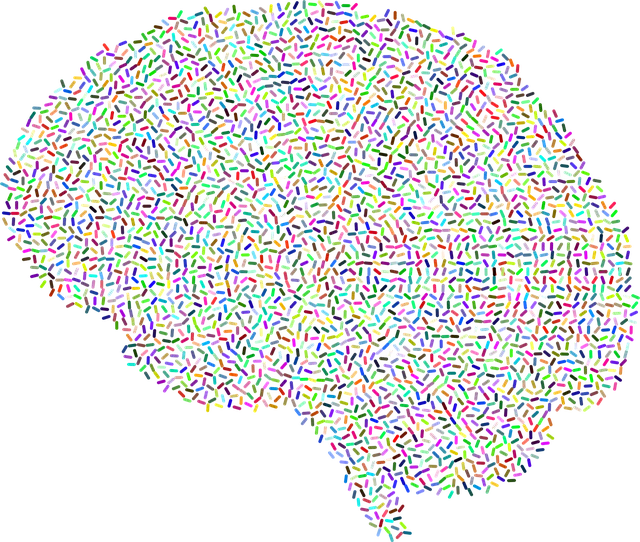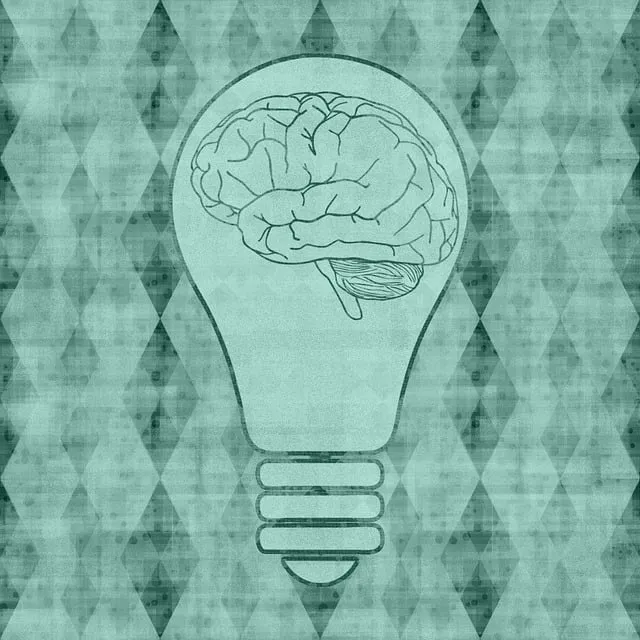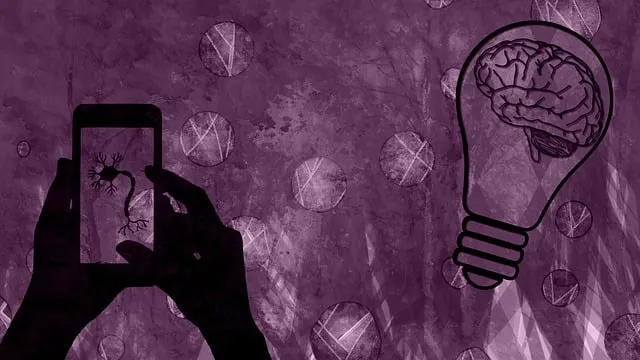Aurora Kaiser Permanente psychiatry offers a holistic RFM Model focused on resilience building through reliable support, responsive care, and meaningful activities. This approach combines self-care routines, mindfulness practices, aurora therapy, and tailored programs to enhance emotional well-being, reduce stress, anxiety, and trauma impacts, fostering a positive mindset for life's challenges.
Resilience is a powerful tool for navigating life’s challenges, and the RFM (Recovery, Flexibility, Mastery) model offers a structured framework to build this vital resource. This article explores how organizations like Kaiser Permanente integrate mental health support into their programs, focusing on Aurora’s unique role in enhancing psychiatry and well-being through targeted exercises. By understanding the RFM model and its practical applications, individuals can harness resilience, just as Kaiser Permanente and Aurora are doing at the forefront of psychiatric care.
- RFM Model: A Framework for Resilience
- Kaiser Permanente's Approach to Mental Health
- Building Resilience Through Exercise
- Aurora's Role in Psychiatry and Well-being
RFM Model: A Framework for Resilience
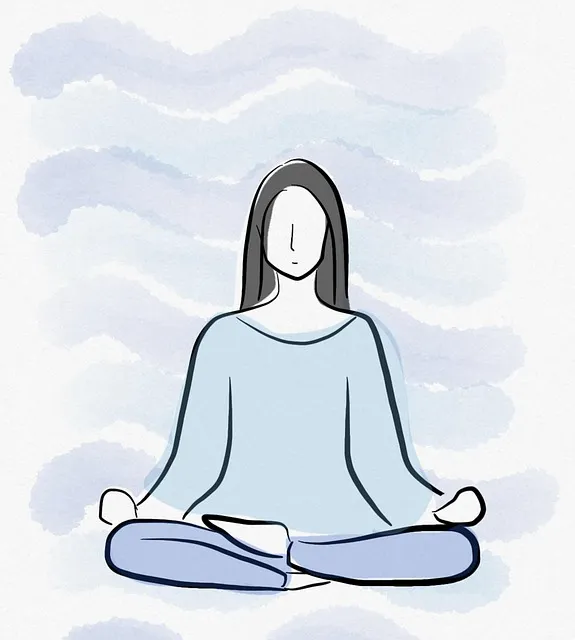
The RFM Model—a framework for resilience—is a powerful tool in promoting emotional well-being among individuals, as highlighted by Aurora Kaiser Permanente’s psychiatry services. This model focuses on three key aspects: Reliability, Responsiveness, and Meaning. By fostering a sense of reliability in their environment, individuals can build a solid foundation for resilience. This involves consistent support systems and routines that provide stability, especially during stressful times.
Furthermore, the RFM Model emphasizes responsiveness, encouraging environments that swiftly address individual needs and concerns. This proactive approach to mental health fosters a sense of security and empowers people to cope with challenges effectively. Alongside this, imbuing activities and relationships with deeper meaning can significantly enhance resilience. Social Skills Training and Emotional Well-being Promotion Techniques play a pivotal role here, as they teach individuals how to navigate social interactions and manage their emotions, thereby reducing the impact of mental illness stigma reduction efforts.
Kaiser Permanente's Approach to Mental Health
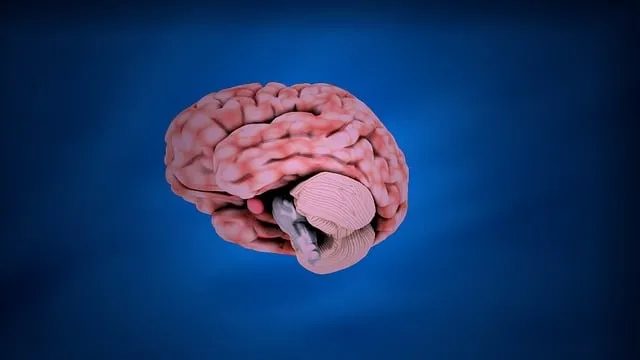
Aurora Kaiser Permanente takes a holistic approach to mental health, focusing on both physical and emotional well-being. Their psychiatry services emphasize self-care routine development as a key strategy for improving mental health. By integrating mind over matter principles, they empower individuals to build resilience and enhance their overall quality of life. This comprehensive strategy includes various exercises aimed at boosting confidence and fostering a positive mindset, ensuring that members of the community can navigate life’s challenges more effectively.
The organization understands that mental health is an integral part of overall health, which is why they offer tailored support to help individuals manage stress, anxiety, and other common mental health concerns. Through innovative programs and the guidance of experienced professionals, Aurora Kaiser Permanente plays a vital role in promoting mental wellness, ensuring that residents have access to the tools and resources needed to thrive.
Building Resilience Through Exercise

Building resilience is an essential aspect of maintaining mental wellness, and Aurora Kaiser Permanente psychiatry emphasizes this through various exercises designed to strengthen individuals’ coping mechanisms. These practices often include Compassion Cultivation Practices, which have been shown to enhance emotional regulation and foster positive thinking. By engaging in regular physical activity, whether it’s a structured workout or mindful movement like yoga, one can cultivate a sense of control over their mental state.
Exercises that promote mindfulness, such as meditation and deep breathing techniques, are game-changers in building resilience. They teach individuals to navigate life’s challenges with grit and adaptability. Incorporating these practices into daily routines allows folks to confront stress, anxiety, or even trauma with a more balanced perspective, revolutionizing their overall mental health journey.
Aurora's Role in Psychiatry and Well-being

Aurora Kaiser Permanente has recognized the significant role that light and color play in enhancing mental health services. In psychiatry, the use of aurora therapy—specifically tailored lighting interventions—is gaining traction as a powerful tool to support well-being. This innovative approach leverages the science behind natural light and its impact on our circadian rhythms, mood regulation, and overall mental health. By incorporating aurora technology into their facilities, Kaiser Permanente is taking a holistic step forward in delivering compassionate care.
The integration of aurora therapy alongside traditional psychiatric treatments, such as Conflict Resolution Techniques and Mental Health Education Programs Design, offers a unique environment for healing. This method not only aids in managing symptoms but also promotes resilience-building exercises through the calming and restorative effects of light. Moreover, Crisis Intervention Guidance can be enhanced by creating serene spaces that support individuals during stressful situations, ensuring they feel supported and empowered.
The RFM Model provides a robust framework for fostering resilience, as demonstrated by Kaiser Permanente’s successful integration of mental health services. By combining this model with targeted exercises designed to build mental fortitude, individuals can significantly enhance their ability to navigate life’s challenges. Aurora plays a pivotal role in this context, leveraging its expertise in psychiatry and well-being to revolutionize mental healthcare access and support. Through collaborative efforts like these, we can empower folks to embrace resilience as a cornerstone of their overall health and happiness.
